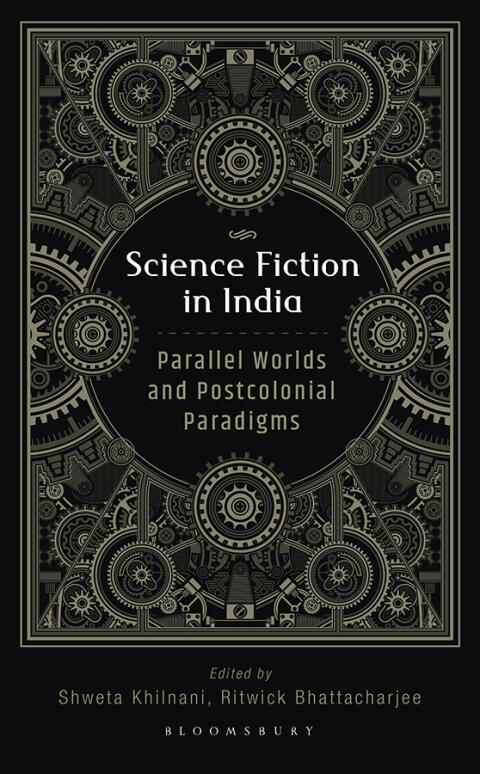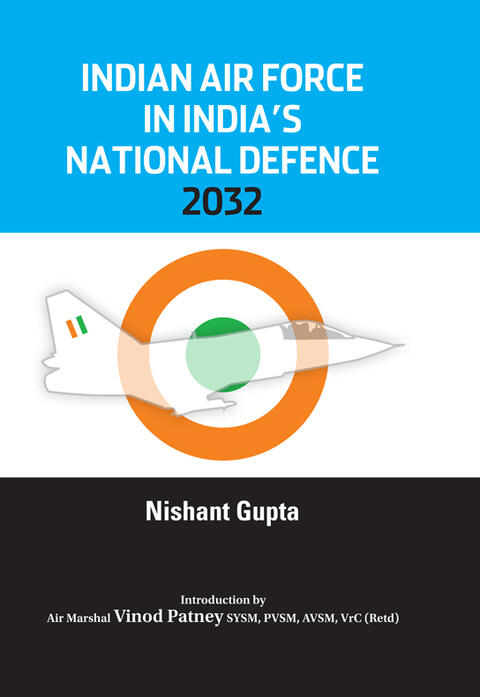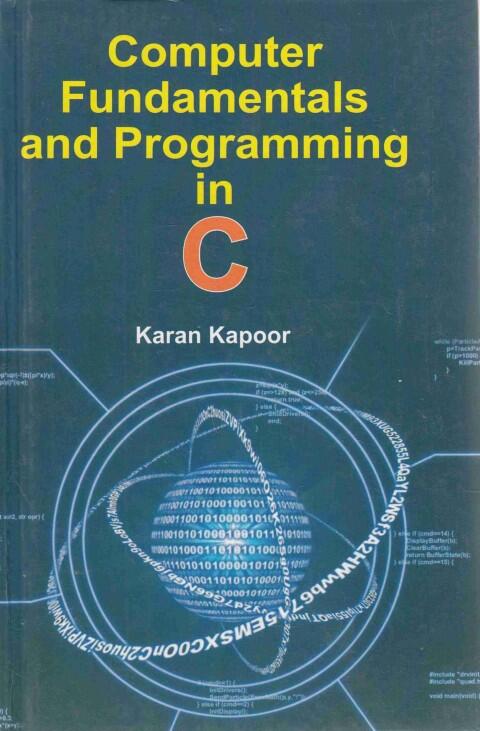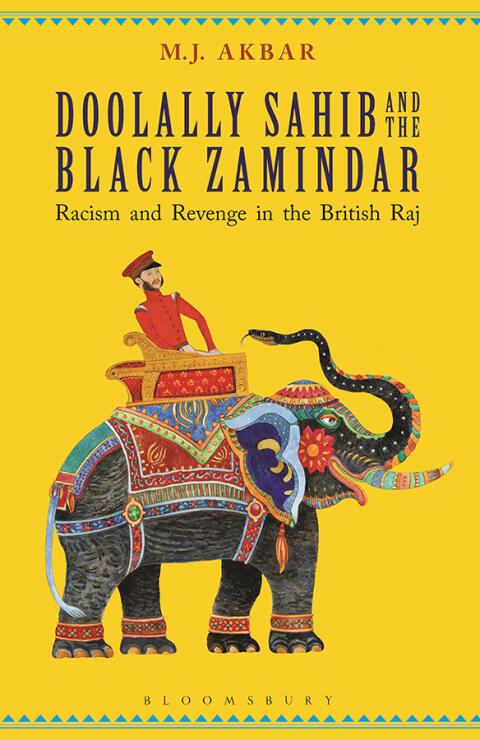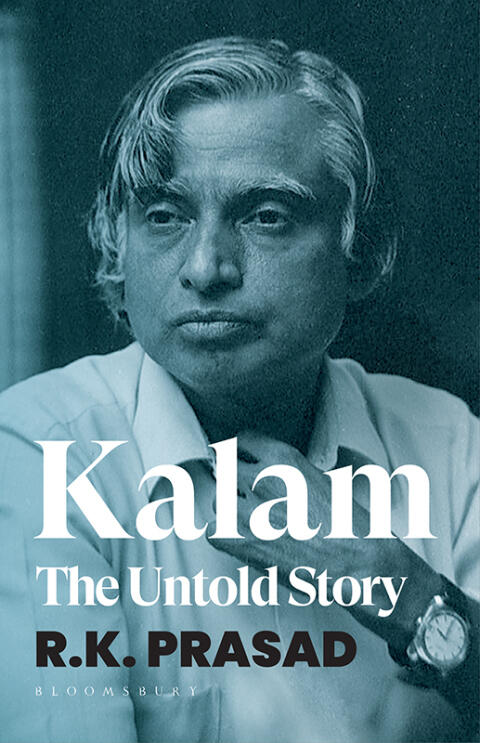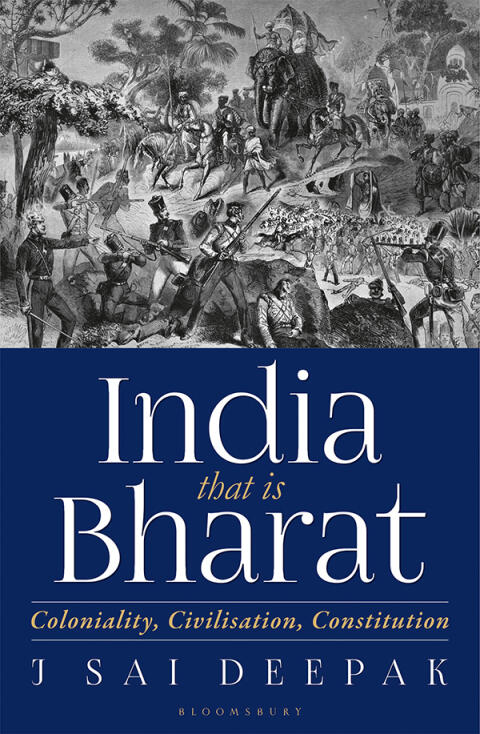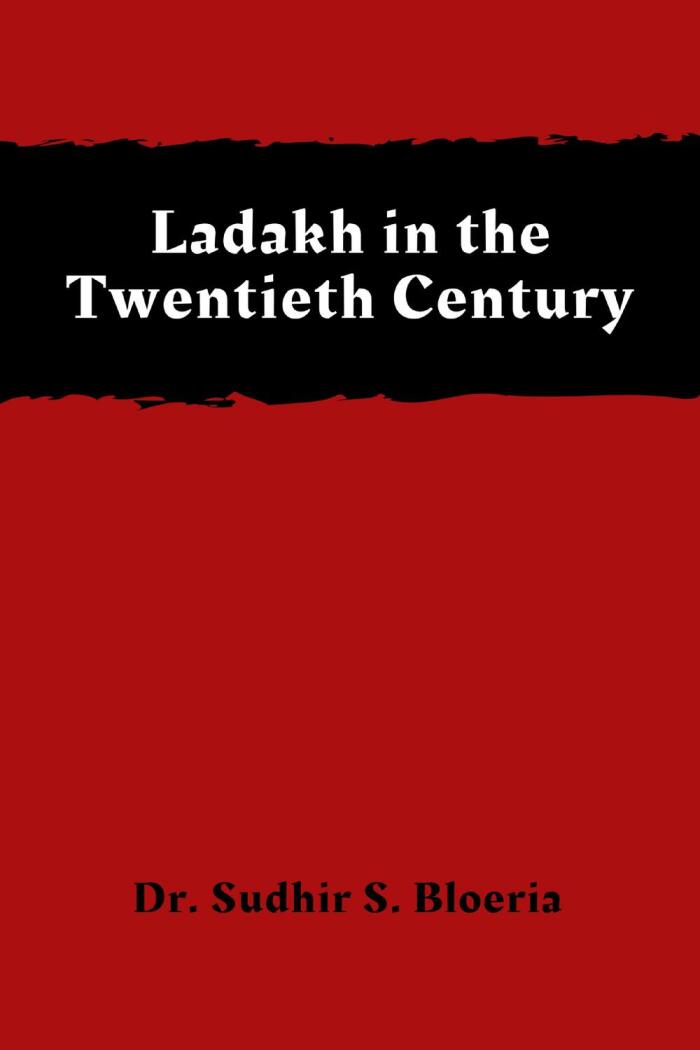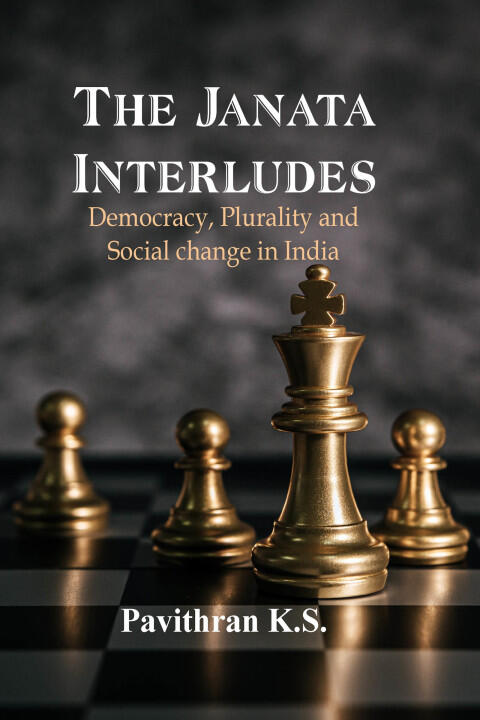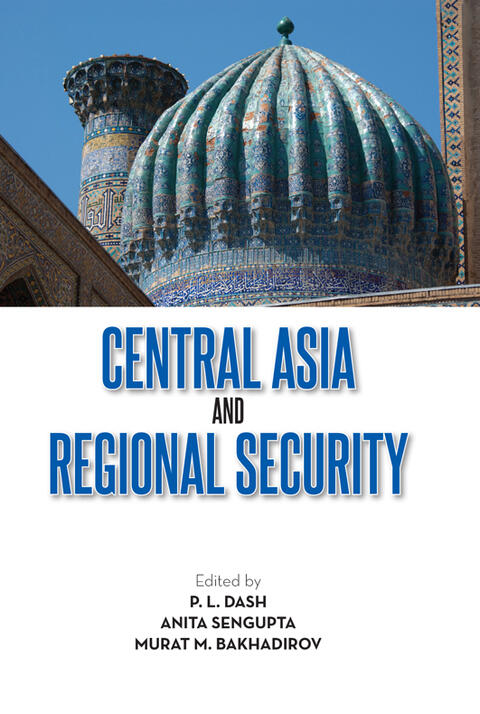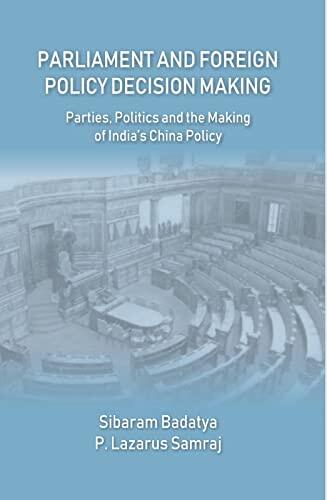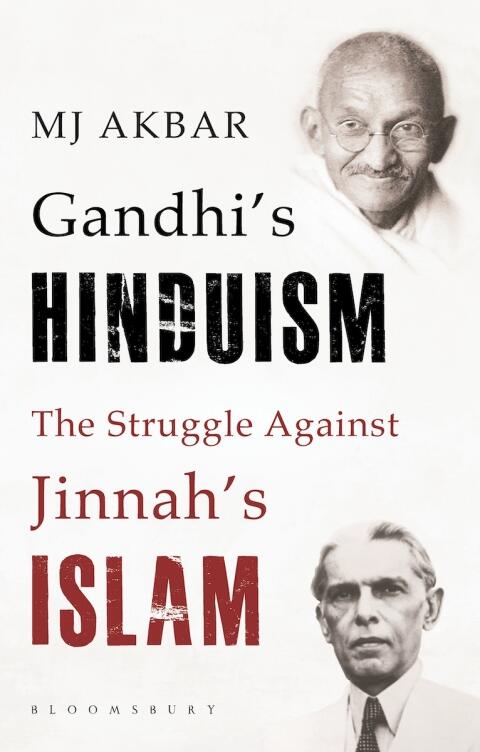
Gandhi's Hinduism the Struggle against Jinnah's Islam
によって
M J Akbar
まだ評価がありません
Science & Technology
History
形式
キンドル
ページ数
551
言語
ヒンディー語
公開されました
Jan 1, 2020
出版社
Bloomsbury India
版
1
ISBN-10
9389449162
ISBN-13
9789389449167
説明
M.J. Akbar explores the intricate interplay between faith and politics in the context of India's turbulent past. Centered around Mahatma Gandhi's vision of Hinduism, the narrative delves into how Gandhi perceived religion not just as a source of personal belief but as a catalyst for national unity in a diverse society. His deep commitment to non-violence and compassion shaped his ideology, aiming to forge a path toward civilizational harmony amid rising communal tensions.
In juxtaposition, the book examines the contrasting views of Muhammad Ali Jinnah, whose vision of Islam shaped the political landscape leading to the partition of India. The author delves into the ideological rift between Gandhi's inclusive approach and Jinnah's more divisive outlook, shedding light on the broader implications for the Indian populace.
Through meticulous research and engaging prose, Akbar invites readers to reflect on how these historical figures influenced the fabric of modern India. By examining both leaders as pivotal personalities in the struggle between Hinduism and Islam, he uncovers the profound legacies they left behind.
In doing so, the narrative not only addresses historical events but also resonates with contemporary discussions around faith and unity in a multi-religious society. Akbar's insights encourage readers to consider the enduring complexities and challenges of coexistence that continue to shape India today.
In juxtaposition, the book examines the contrasting views of Muhammad Ali Jinnah, whose vision of Islam shaped the political landscape leading to the partition of India. The author delves into the ideological rift between Gandhi's inclusive approach and Jinnah's more divisive outlook, shedding light on the broader implications for the Indian populace.
Through meticulous research and engaging prose, Akbar invites readers to reflect on how these historical figures influenced the fabric of modern India. By examining both leaders as pivotal personalities in the struggle between Hinduism and Islam, he uncovers the profound legacies they left behind.
In doing so, the narrative not only addresses historical events but also resonates with contemporary discussions around faith and unity in a multi-religious society. Akbar's insights encourage readers to consider the enduring complexities and challenges of coexistence that continue to shape India today.
